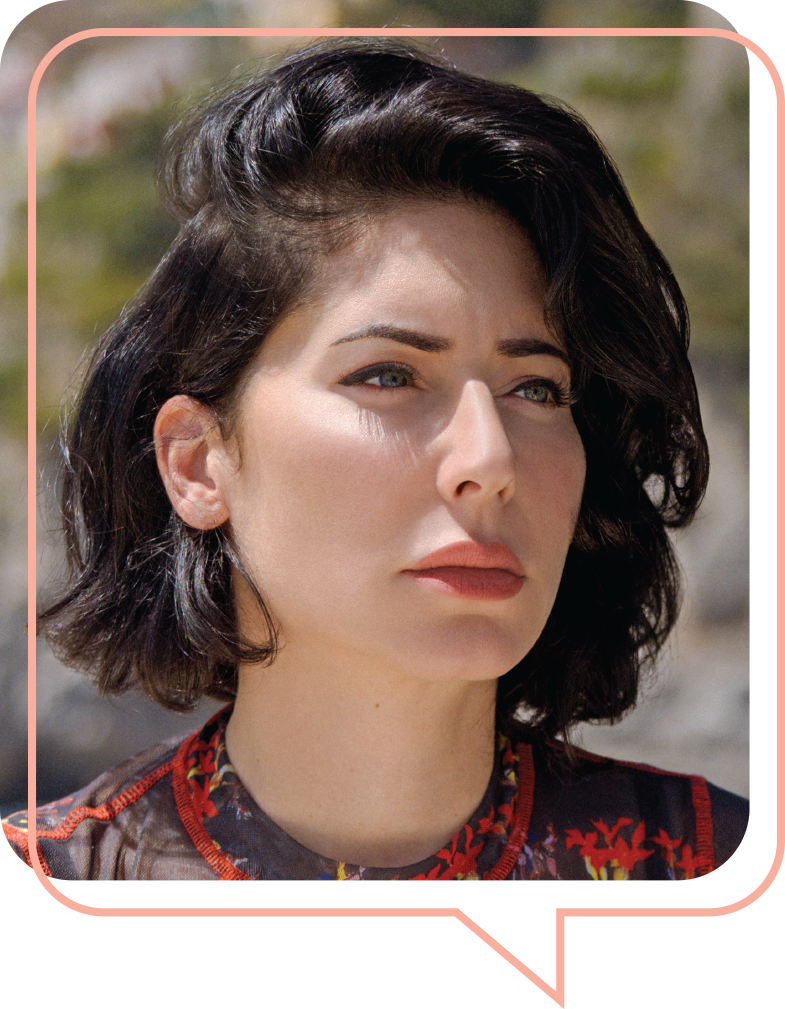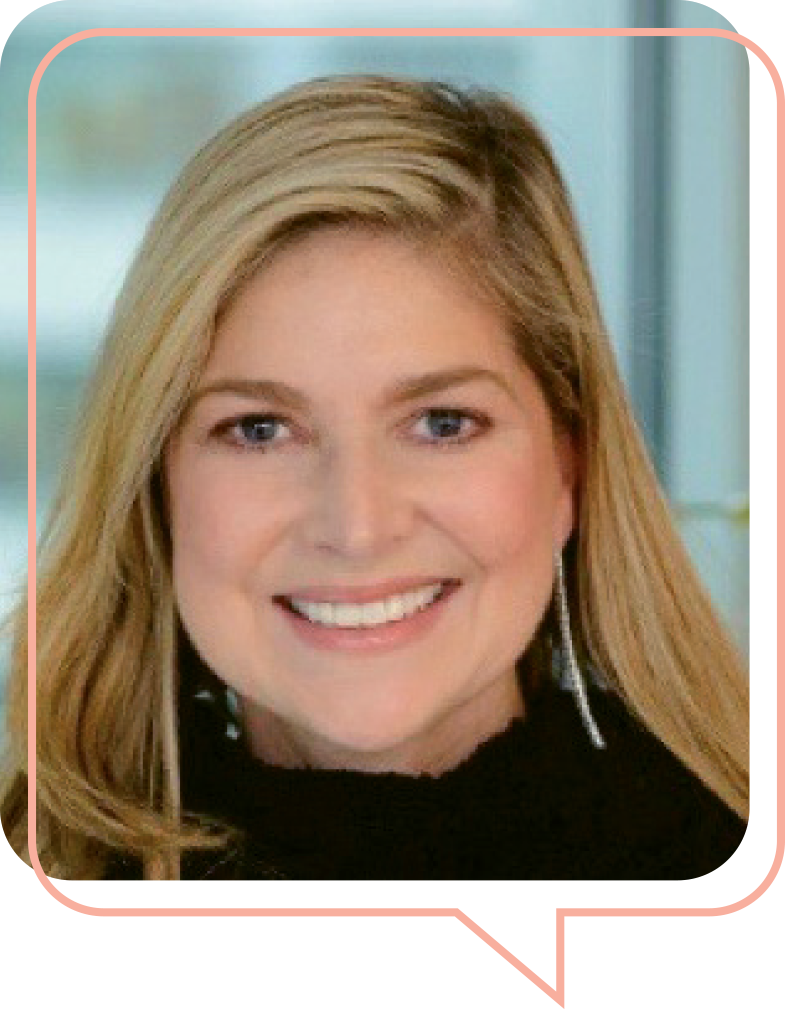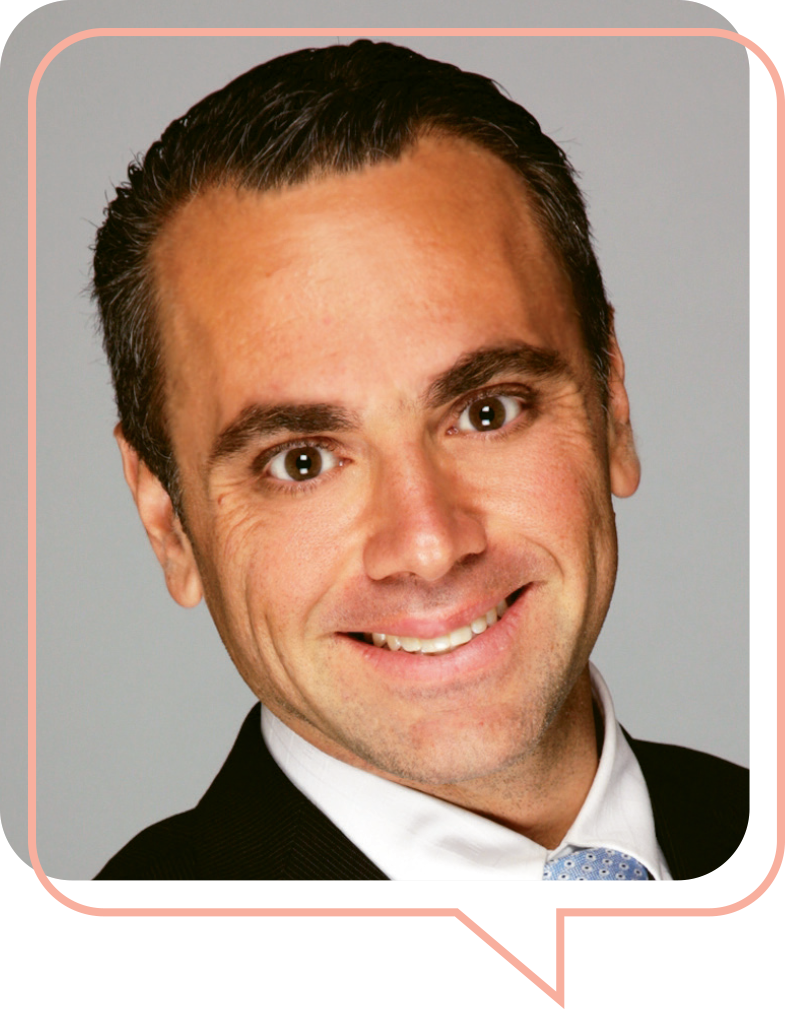Learning the language of Luxury
PART 2 OF 2
In the second part of a two-part series on ultraluxury bookings, advisors discuss how to talk, walk and understand the ultrahigh net-worth lifestyle.
Illustration by Jenn Martins
Illustration by Jenn Martins
A general manager at a Cheval Blanc resort has just done an amazing favor for a travel advisor. As a thank you, the advisor wants to buy the general manager something to create emotional impact.
Why would an Hermes tie be the wrong choice?
Cheval Blanc is owned by LVMH, a luxury good conglomerate. Hermes is not. Even if the general manager valued it personally, they couldn’t wear an Hermes tie at work. A better choice would be a tie from Dior or a bottle of Dom Perignon, companies that are owned by LVMH.
In the world of luxury, such details are important.
“That’s going to be something that shows you understand their brand, you understand their job,” said Laura Worth, a Houston-based advisor with Embark Beyond.
Worth relayed this example while speaking during an Embark training module that was part of her “Lessons in Luxury With Laura Worth” series. She joined the New York-based agency after a career with Christie’s in New York, and she has released training modules on topics including art, watches, fashion and sports. It’s part of Embark’s Language of Luxury training.
Worth said it’s important to understand the various luxury verticals because those are the worlds in which clients live. Advisors need to understand those worlds to better understand their clients and their needs.
Or, as Embark founder and managing partner Jack Ezon said, “For a client to trust you, you need to speak the same language.”
The lesson of the tie isn’t just about gift-giving. It’s a microcosm of a larger challenge facing travel advisors hoping to serve high- and ultrahigh-net-worth clients: How can an advisor who might not have personal experience with that level of affluence effectively cater to the needs and expectations of a traveler who does?
While it can feel like learning a new language, that language can be learned, experts say, through both education and practical experience.
Ultraluxe clients: not for everyone
In January, Virtuoso created an ultrahigh-net-worth division to deepen the consortium’s ties in the ultraluxe world by collaborating with luxury brands across a variety of industries, including jewelry, fashion, art, culinary, automotive and wellness.
The division’s general manager, Shelby Donley, said it’s wrong to think “you must come from a place of wealth to navigate through this world of [ultrahigh-net-worth] consumers.”
“No one is born a surgeon or an attorney,” she said. “Instead, they must become educated in their field, earn degrees and gain experience.”
For travel advisors, Donley said, serving high-end clients takes both time and experience. While an advisor’s own background isn’t important, what is important is having empathy and skills like “extraordinary problem-solving.”
A former advisor, Donley said she had little knowledge of ultraluxe travel when she started in the business. She learned from Virtuoso suppliers and fellow advisors to build her knowledge base.
The consortium also offers members the Ultra-Luxe Community, a group of suppliers and advisors interested in the topic that provides education, marketing and networking.
Working with ultrahigh-net-worth clients isn’t for everyone, though, Donley cautioned.
“It is a discipline for advisors who are committed to proactively assessing and addressing the client’s needs 24/7 and have an unwavering commitment to performing at a peak level,” she said. “That’s not for everyone, and it takes time and dedication over years to excel in this segment.”
Jaclyn Sienna India, founder and CEO of Sienna Charles, echoed Donley’s sentiment that the ultrahigh-net-worth world isn’t for every advisor.
India didn’t grow up in luxury. She was first exposed to it while working at Le Bec-Fin, a five-star restaurant in Philadelphia. The clientele there “completely opened up my eyes,” she said.
Today, India’s team only sells products she has personally vetted and deemed appropriate for the billionaires they serve.
But for advisors just starting in the luxury space, she encouraged a step back: “The first thing they need to figure out is why they want to service this clientele.”
While she didn’t grow up with money, India did grow up with specific preferences and tastes. She also identifies with many of the ultrawealthy clients she serves because she shares with them a desire to continuously learn, improve and polish themselves, she said.
“I think it starts with a standard,” she said. “I think a lot of people go after the ultrahigh-net-worth world because they think it’ll bring them more money, or they think it’s more glamorous, or for different reasons. They need to figure out why they identify with that world first, so that way they can learn to be in it, because it may not be a fit.”
‘Advisors need to figure out why they identify with the ultrahigh-net-worth world first, because it may not be a fit.’
For the advisors who do identify a compelling desire to serve this luxury segment, they must immerse themselves in all things ultraluxe, India said. That started for her when she worked at a travel agency in Palm Beach, Fla., that regularly served billionaires. She got to know them and their preferences and needs, and she experienced the places and amenities they did. It was all information she’d later use to establish Sienna Charles.
Training on luxury
Stacy Fischer-Rosenthal, president of Fischer Travel Enterprises in New York, hires advisors with all kinds of backgrounds to serve the company’s affluent client set.
Fischer-Rosenthal agreed that people who don’t have personal experience with luxury can fill the gap with training and experience, but she said that advisors who come from wealthier backgrounds do tend to have a leg up.
A common challenge she sees with new hires who didn’t grow up wealthy is the “shock factor” when they realize how much Fischer Travel’s clients spend on travel. For instance, one Olympics package the agency put together last year totaled $4 million. That figure didn’t include a hotel stay, just items like private drivers and skip-the-line passes.
“But as you start working here, we really put a lot of time and investment in training so that they can understand the type of client that we’re working with and have that exposure,” Fischer-Rosenthal said. “It’s through training, and it’s also training through traveling.”
Fischer Travel trains its advisors on different verticals within the world of luxury, such as cars, watches and fashion. But training on travel itself is also important, Fischer-Rosenthal said, which is why the agency regularly sends advisors to experience the products and services they sell. The agency usually arranges larger staff trips a few times a year, as well.
When inspecting a property or experience, younger advisors new to the industry often don’t know what to look for or how to think about a product from the viewpoint of the agency’s clients. Fischer Travel recently figured out a fix to that: sending experienced advisors on trips with newer advisors.
“It’s been really valuable,” Fischer-Rosenthal said.
They pick up on the kind of questions they should ask to better serve clients; for instance, is the driver who will pick up their clients from the airport suitable? Is the car? Can they accommodate the client’s water preferences? At a hotel, are there suites with more than one bathroom? Do they have large wardrobes?
“When we’re traveling, we’re always thinking, even if it’s from the minute we leave the house,” Fischer-Rosenthal said. “We’re in the mind of what the client will need — any anticipatory needs, and what we know they might need.”
‘We’re in the mind of what the client will need — any anticipatory needs, and what we know they might need.’
Fischer Travel applies a similar philosophy to its advisors at work. Each client is assigned to a team of advisors with different levels of seniority, ensuring new entrants learn from their peers and provide the appropriate level of service.
‘Fake it ’til you make it’
Advisors catering to very affluent clients don’t need to know everything about everything, Embark’s Ezon said, but they do need to have a base level of knowledge about the things that interest their clients.
“If someone says, ‘Can you give me an art specialist in these cities, because I want to buy surrealist art,’ I have to know what that means,” he said. “I don’t need to be an expert, but I need to know the basics of the language.”
Embark offers ongoing online training to advisors, but it also has some other tactics to get them up to speed. Every week, a newsletter focuses on what’s hot in the ultraluxe world.
Fashion is important to many Embark clients. The agency is planning collaborations with fashion brands, and Ezon said it is prioritized in advisor training. Embark has taken advisors to clothing stores in places like Beverly Hills and New York, showing them the quality of the craftsmanship of goods and why a luxury product costs what it does. That was a tactic Ezon employed when he was first learning about the world of luxury, since he didn’t grow up in an affluent household.
Ezon recalled walking down Madison Avenue and into Hermes, not understanding why someone would spend $1,200 on a belt that looked just like one he got for $20.
“But I have to understand it,” he said. “Because it’s the same thing: Why would somebody spend $2,000 a night on a hotel room and not $200? It’s the same customer, and you have to understand what’s driving that.”
‘Why would somebody spend $2,000 a night on a hotel room and not $200? You have to understand what’s driving that.’
He offered some words of advice to advisors with backgrounds similar to his: “Fake it ’til you make it. Do your homework.”
For example, there are destinations Ezon sells that he’s never visited, but he still knows where every restaurant and hotel is because he’s taken the time to learn.
“You need to study,” he said. “You need to dig deep.”
Connecting with high-end clients
The easiest way to break into the very affluent space is to have a network of wealthy contacts. But for those who lack that network, there are other inroads, said Virtuoso’s Donley.
Instead of tapping into an existing network, advisors can create one, she said. Volunteer for charities and attend their galas. Join a golf, tennis or health and fitness club.
“These are examples of career investments to position an advisor among affluent clients, with shared interests as an entree,” Donley said. “It takes time to build these relationships, so it’s an investment of time, as well. Consistency and persistence pay off, though.”
‘It takes time and dedication over years to excel in this segment. Consistency and persistence pay off, though.’
Perhaps most importantly, ask for introductions and referrals, Donley said.
For many, the idea of approaching someone in the ultrahigh-net-worth category can be intimidating.
Fischer-Rosenthal said Fischer Travel started out catering to clients in wide economic brackets before pivoting to high-net-worth individuals. While a client’s high-profile name or professional role might seem intimidating at the outset, they’re no different from others and should be approached with confidence.
“At the end of the day,” she said, “people are people. And I don’t think you should be intimidated.”





